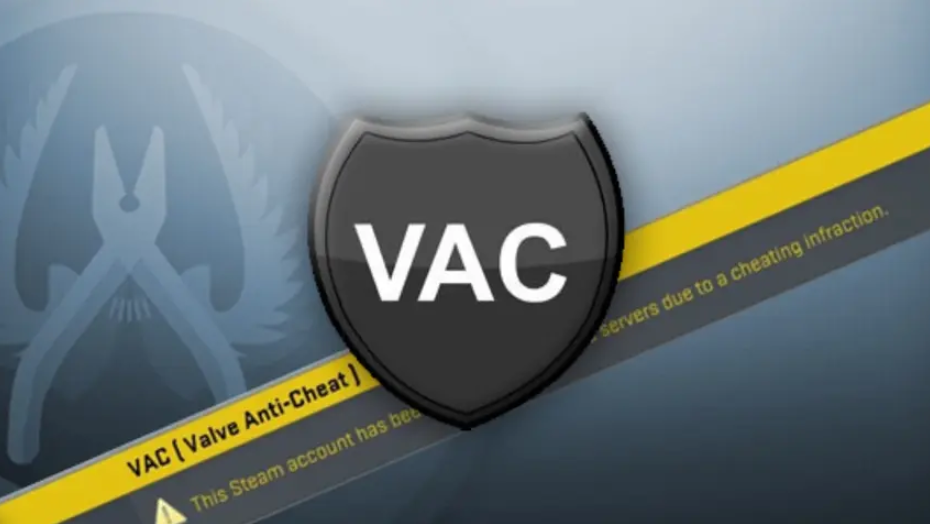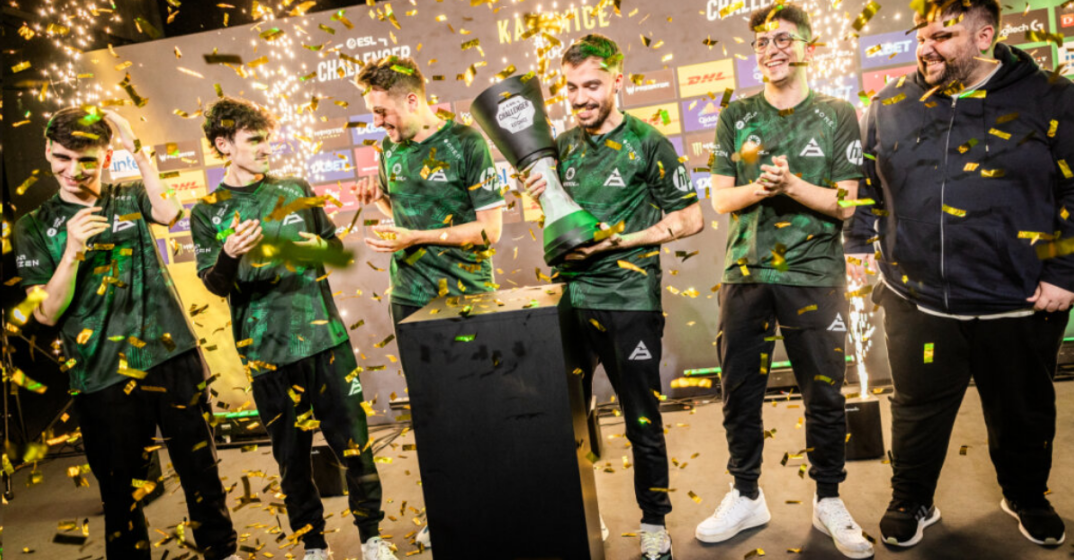Substantial Decrease in CS2 VAC Bans

The latest statistics from Leetify reveal a notable decline in VAC bans for Counter-Strike 2. In June, only 8,403 players were banned, a substantial drop from the peak of over 24,000 bans in April. This sharp decrease suggests the anti-cheat system is becoming more effective at curbing unfair play. Alternatively, it could signal that fewer players are resorting to cheats and exploits, potentially indicating a healthier gaming environment for the CS2 community. The data provides an encouraging sign that Valve’s efforts to maintain the integrity of the competitive scene are bearing fruit. As the game continues to evolve, players and developers alike will be closely monitoring these trends to ensure a fair and enjoyable experience for all. The reduction in VAC bans is a welcome development for the Counter-Strike franchise, which has long grappled with the issue of cheating. Valve’s commitment to implementing robust anti-cheat measures has been a priority, and the latest statistics suggest these efforts are starting to pay off.
It’s important to note that the VAC (Valve Anti-Cheat) system is not infallible, and there will always be individuals who seek to gain an unfair advantage. However, the significant drop in bans indicates that the system is becoming more sophisticated and effective at detecting and removing these players from the game. Furthermore, the decrease in bans could also be attributed to a broader shift in player attitudes and behaviors. As the Counter-Strike community becomes more aware of the consequences of cheating, and the game’s reputation as a skill-based, competitive experience takes precedence, players may be less inclined to resort to unfair tactics. Looking ahead, the continued monitoring and refinement of the anti-cheat system, coupled with ongoing efforts to promote fair play and sportsmanship, will be crucial in maintaining the integrity of the Counter-Strike 2 experience. The community, developers, and esports organizations will all have a role to play in ensuring that the game remains a level playing field for all.
The Persistent Challenge of Cheating in Competitive Gaming
In recent months, there has been a notable decrease in VAC bans in Counter-Strike 2, which could indicate progress in the ongoing battle against cheating in the game. Data from Leetify shows a significant surge in bans in April, likely corresponding to a wave of cheating activity. However, the number of bans has rapidly dropped since then, suggesting the anti-cheat efforts are becoming more effective. This decrease could be attributed to a few factors. It’s possible that the latest updates to Valve’s cheat detection technologies have made it harder for players to circumvent the system. Alternatively, the crackdown may have discouraged a portion of the cheating community, leading to a decline in such behaviors. Regardless of the exact reason, these changes in the anti-cheat statistics are important for the CS2 community. A reduction in cheating helps maintain a level playing field, preserving the integrity and fairness of the competitive experience. This, in turn, supports the game’s continued popularity and growth as a top-tier esport. As Counter-Strike 2 continues to evolve, the developers, tournament organizers, and players will all play a crucial role in sustaining these positive trends. Ongoing vigilance, refined anti-cheat measures, and a shared commitment to sportsmanship will be essential in ensuring CS2 remains a premier destination for highly competitive, skill-based gameplay. The recent decline in VAC bans offers an encouraging sign that the community’s efforts to combat cheating are yielding tangible results. By maintaining this momentum, Counter-Strike 2 can solidify its reputation as a platform where skill, strategy, and fair play reign supreme.
Cheating has long been a thorn in the side of competitive gaming, and Counter-Strike has certainly had its fair share of challenges in this regard. The temptation to gain an unfair advantage through the use of hacks, exploits, and other illicit methods has been a constant source of frustration for players, tournament organizers, and developers alike. In the early days of Counter-Strike, the problem of cheating was particularly acute. The game’s popularity and the potential for financial rewards in the burgeoning esports scene created a fertile environment for those seeking to gain an edge through unethical means. This led to a cat-and-mouse game between the anti-cheat efforts of the developers and the ever-evolving tactics of the cheaters. Over the years, Valve has made significant strides in addressing this issue. The introduction of the Valve Anti-Cheat (VAC) system, in particular, has been a game-changer in the fight against cheating. VAC utilizes a combination of techniques, including code analysis, behavioral monitoring, and crowdsourced reporting, to identify and ban players who are found to be engaging in unfair practices.
Despite these efforts, the problem of cheating has persisted, with new hacks and exploits constantly emerging to challenge the anti-cheat measures. This has required Valve and the broader Counter-Strike community to remain vigilant and to continuously adapt their strategies to stay one step ahead of the cheaters. The introduction of Counter-Strike 2 has presented both new opportunities and new challenges in this ongoing battle. On the one hand, the game’s updated engine and improved graphics have provided a chance to implement more advanced anti-cheat technologies. On the other hand, the influx of new players and the potential for increased financial incentives have created new avenues for those seeking to gain an unfair advantage. The recent decline in VAC bans observed in Counter-Strike 2 is a promising sign that the anti-cheat efforts are starting to bear fruit. However, it’s important to recognize that this is likely a cyclical process, with waves of cheating activity followed by crackdowns and improved detection methods. As the Counter-Strike 2 community continues to evolve, it will be crucial for all stakeholders to maintain a vigilant and proactive approach to combating cheating. This will involve not only technical measures, such as ongoing updates to the VAC system, but also educational initiatives, community-driven efforts, and close collaboration between developers, tournament organizers, and players. One key aspect of this effort will be fostering a culture of sportsmanship and fair play within the Counter-Strike 2 community. By emphasizing the importance of skill, strategy, and integrity, the community can help to discourage cheating and create an environment where players feel empowered to compete on a level playing field.
Additionally, the continued development and implementation of advanced anti-cheat technologies, such as machine learning-based detection systems and cloud-based monitoring, will be crucial in staying ahead of the cheaters. Valve and other industry leaders will need to invest heavily in research and development to ensure that their anti-cheat measures remain effective in the face of ever-evolving cheating tactics. Beyond technical solutions, the Counter-Strike 2 community will also need to explore novel approaches to addressing the underlying motivations and incentives that drive players to cheat. This may involve exploring alternative reward structures, such as enhanced recognition and prestige for players who demonstrate exceptional skill and sportsmanship, or the development of peer-to-peer oversight and accountability mechanisms. Ultimately, the battle against cheating in Counter-Strike 2 is one that will require a sustained, multi-faceted effort from all stakeholders. By working together to uphold the principles of fair play and competitive integrity, the community can ensure that Counter-Strike 2 remains a premier destination for world-class, skill-based gameplay that captivates both players and spectators alike.



